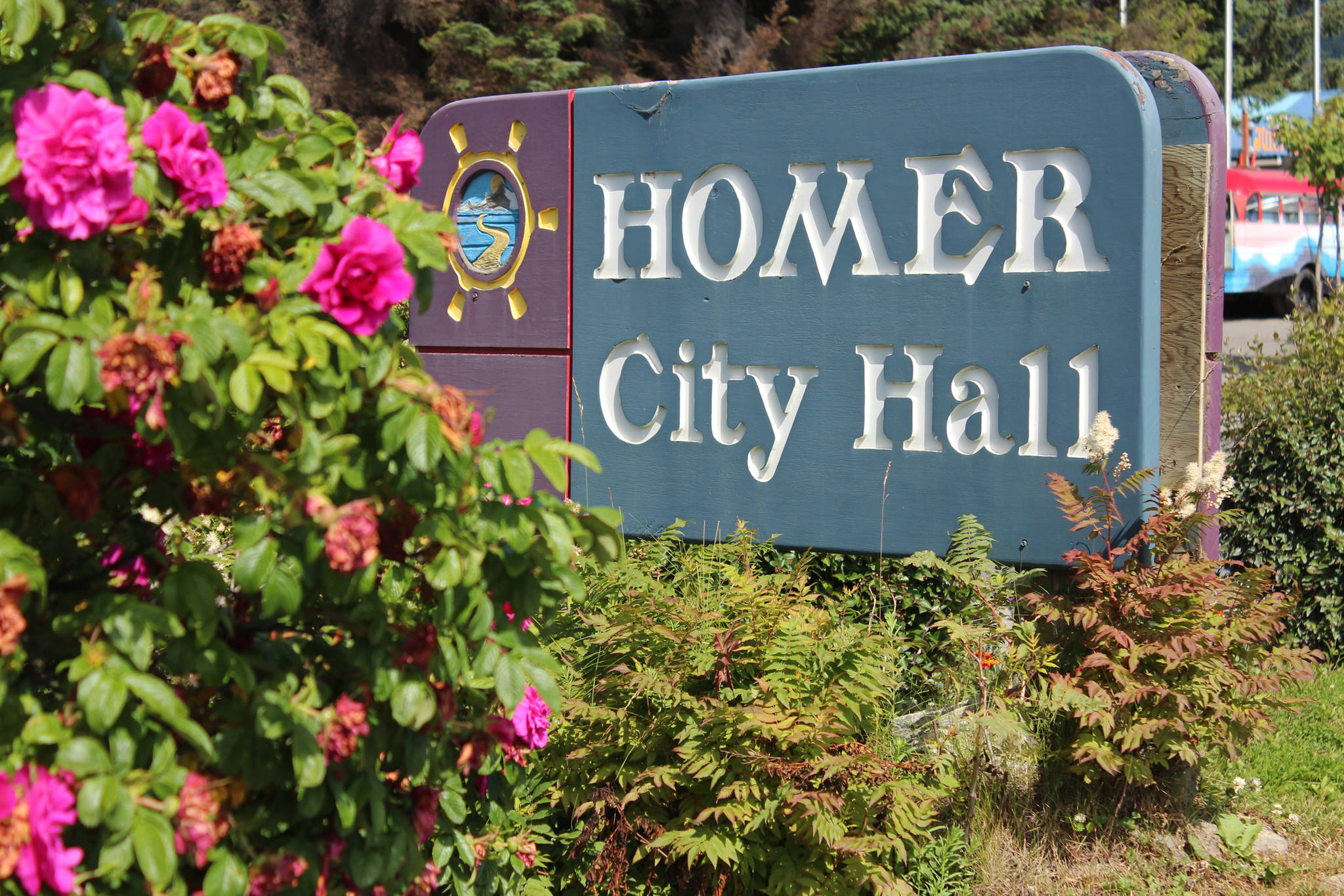After lengthy debate, the Homer City Council seems to have settled on an agreement for how to help fund construction of a residential treatment center within city limits, but is also looking for a legal opinion to determine whether they’re actually allowed to.
Set Free Alaska, a faith-based addiction treatment organization based in the Mat-Su Valley, coordinated with Homer’s Opioid Task Force to work on bringing a residential treatment center for men to the city. Set Free approached the city asking for funds they could use to leverage for grant money being offered by the state. In an ordinance sponsored by council members Heath Smith and Shelly Erickson, about $177,000 that was originally in the Police Station Fund would be allocated to Set Free.
Set Free has proposed putting the treatment center at Refuge Chapel on Pioneer Avenue. On a motion by council member Donna Aderhold, the coucnil amended the ordinance to clarify that any treatment center would be in city limits. Refuge Chapel is in the Central Business District zoning area, which allows as permitted uses rooming houses and dormitories and as conditional uses group care and assisted living homes.
That $177,000 was originally given to the city in the form of revenue sharing from the state. It was put into the Police Station Fund to aid in construction. City Manager Katie Koester said that, at budget time, the city identified a $200,000 surplus. She said the city has exceeded the $2.5 million target the council had set for the police station project. She also said that, in the past, community assistance monies from the state have been used on community projects.
So, the funds were moved from the police station and would be given to Set Free Alaska, but only if the group received the $1.5 million grant they’ve applied for from the state. If the organization doesn’t get the grant, the $177,000 does not leave the city.
Still, questions were raised at Monday’s council meeting about whether the city can legally give the funds to Set Free, considering it would be public money going to a faith-based organization. Set Free representatives have addressed concerns over the faith-based aspect at several city council meetings, saying that the organization is a state-certified treatment program that accepts and treats anyone, no matter what their faith.
Council members Rachel Lord and Aderhold still expressed concerns over the fact that the city could be put in a compromising position if it gave Set Free the funding.
“For me there are really two issues,” Aderhold said. “One is, do we use city funds for this project? And is it actually legal for us to use city funds for this project?”
Lord said she’s concerned about accountability and process.
“How are we strategically looking at how we’re spending our funds?” she said. “And how are we looking forward? I think we have a history of throwing money at projects. You know, SPARC is one of them. I’m uncomfortable fundamentally with that system because it doesn’t bode well for responsibly using city dollars and making sure that there’s a robust community conversation.”
All council members, and members of the public who testified during the public hearing on the ordinance, were in favor of an addiction treatment program in Homer.
The debate was over whether city funds should be used to help fund the project when questions about exactly how it will be used still exist.
Lord and Caroline Venuti said they asked Set Free for its grant application in order to see more details on how city money would be used.
They said Set Free did not provide that, citing the competitive grant application process.
In the end, council members voted to substitute the ordinance that would fund Set Free with a new one that would allocate $175,000 to Set Free and $10,000 to the Homer Foundation for the purpose of giving local grants to organizations who are already working to fight addiction. The ordinance would pull an additional $7,800 out of the General Fund to accomplish this.
“Funding to the Homer Foundation will be added to the City Homer’s grant fund for the purpose of grants to organizations based in Homer to conduct programs and events related to addiction, treatment, harm-reduction, and recovery,” the ordinance text states. “The Homer Foundation shall have the discretion to establish specific criteria and eligibility requirements. Information on the grants awarded will be included during the Homer Foundation regular report to the City on the City of Homer grant fund.”
City Clerk Melissa Jacobsen told the council that the changes they made to the funding ordinance were enough to trigger the need for an additional public hearing before they can vote on it.
The final public hearing will take place at the council’s March 11 meeting. The city will also get a legal opinion from the city attorney by the next meeting clarifying whether it can legally give money to Set Free Alaska.
Reach Megan Pacer at mpacer@homernews.com.


